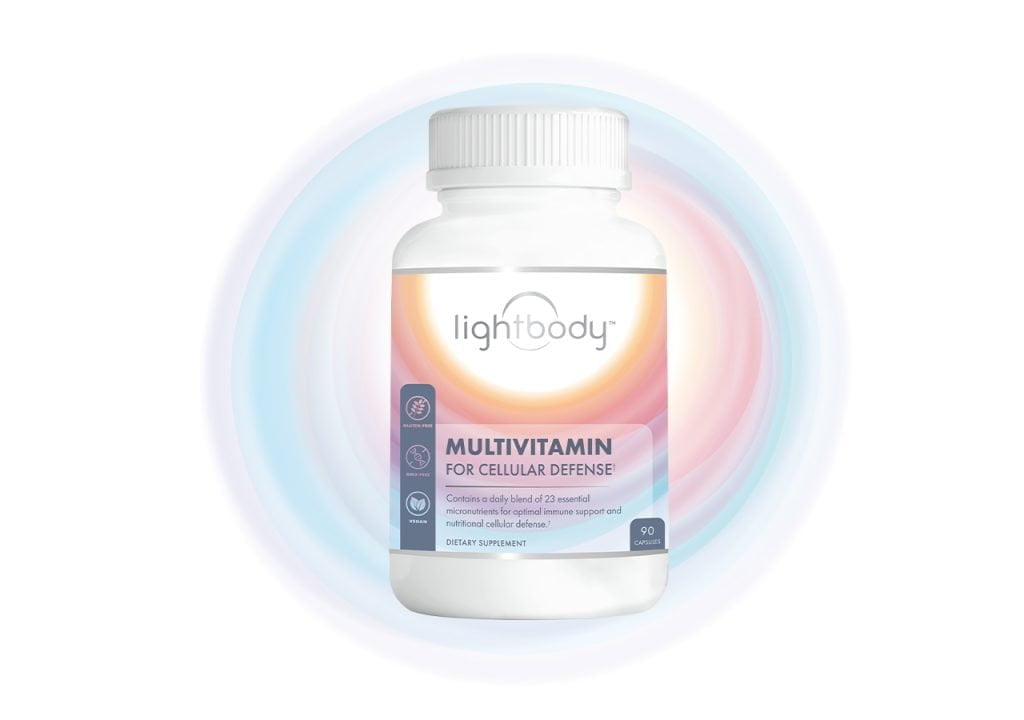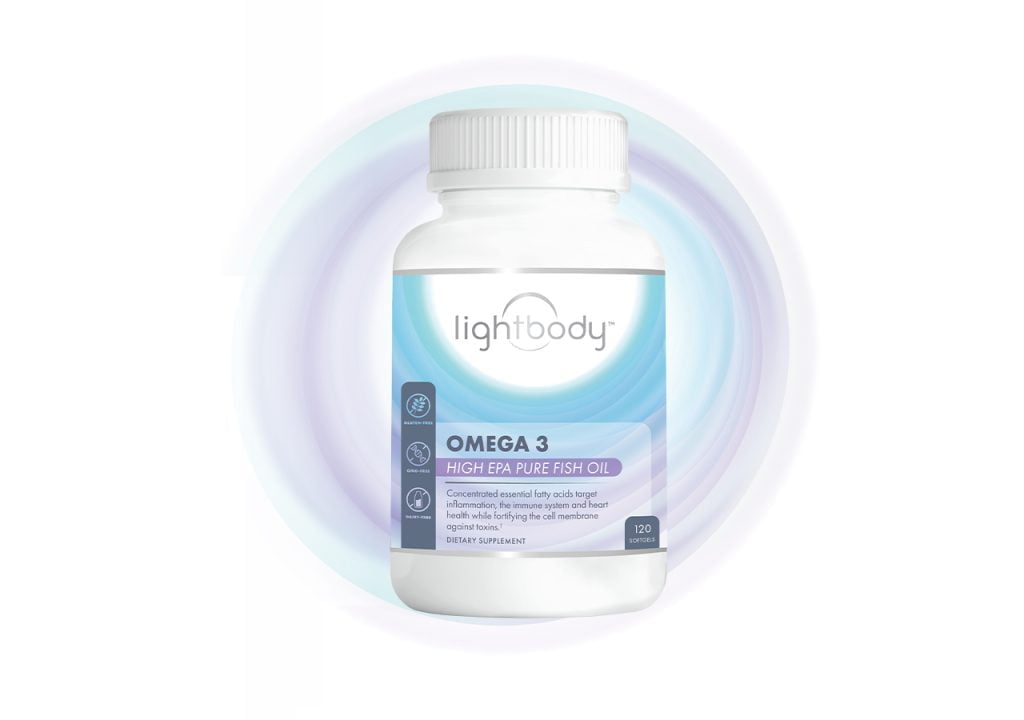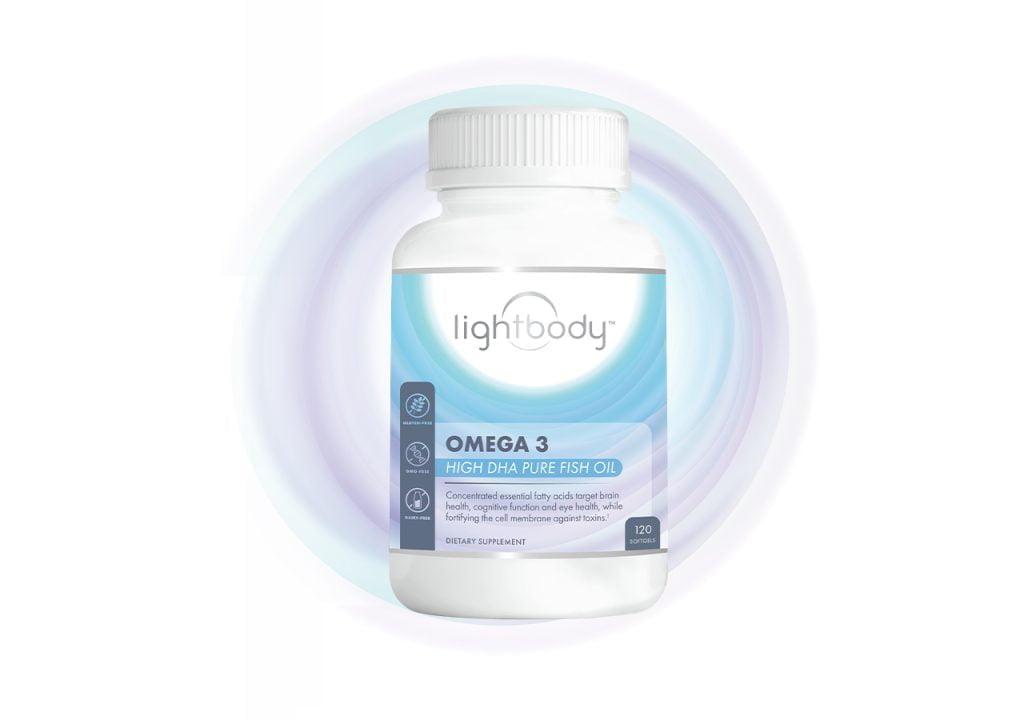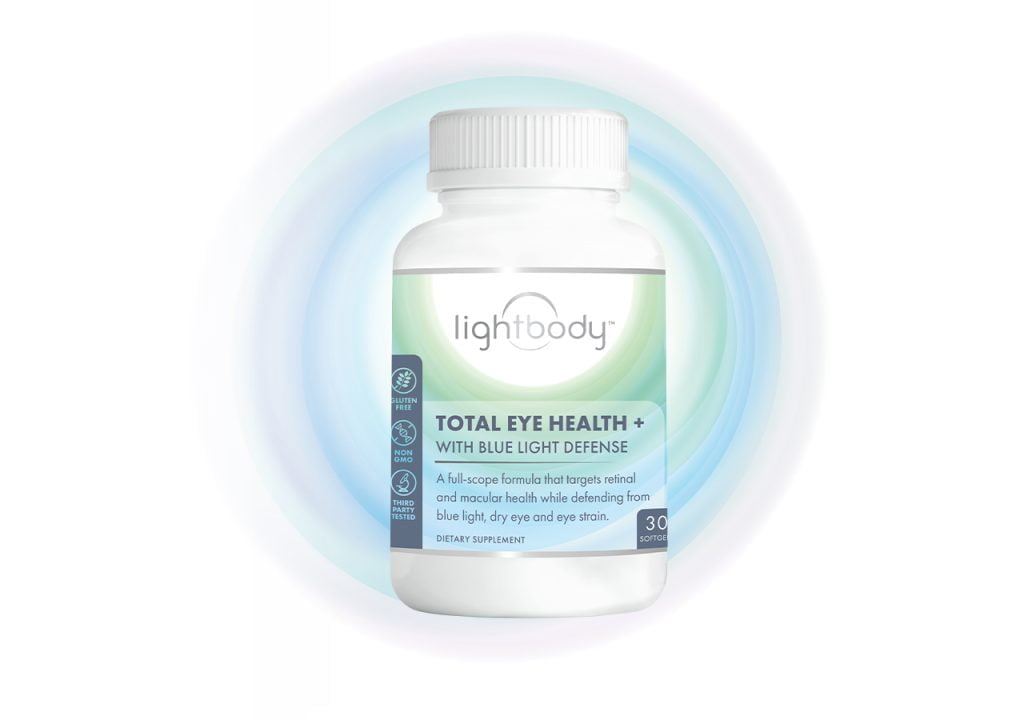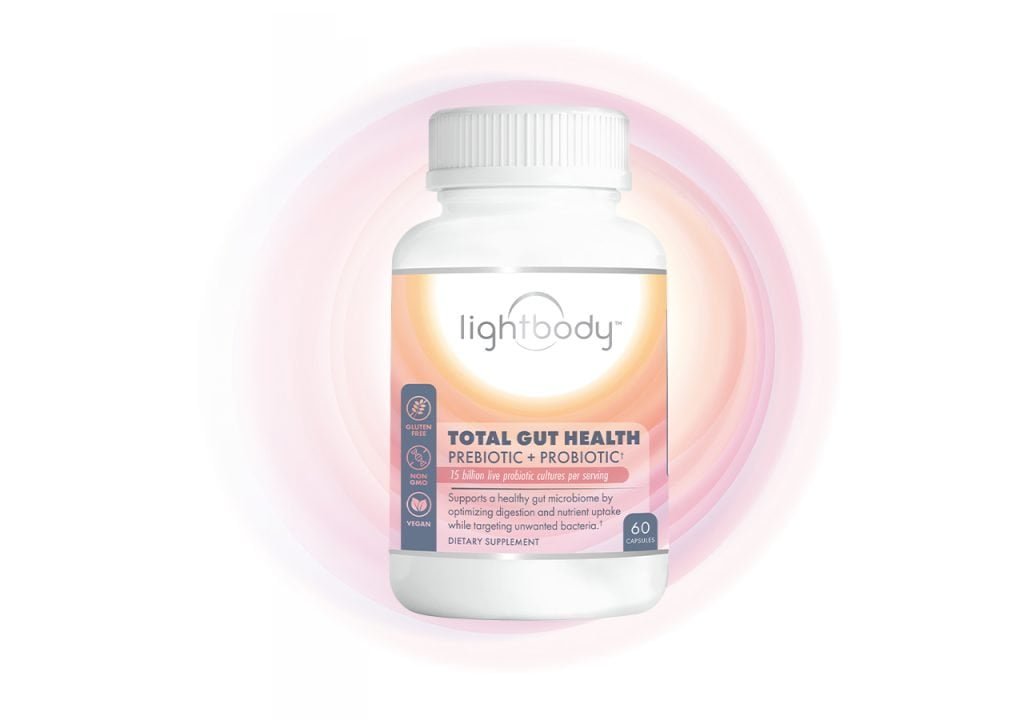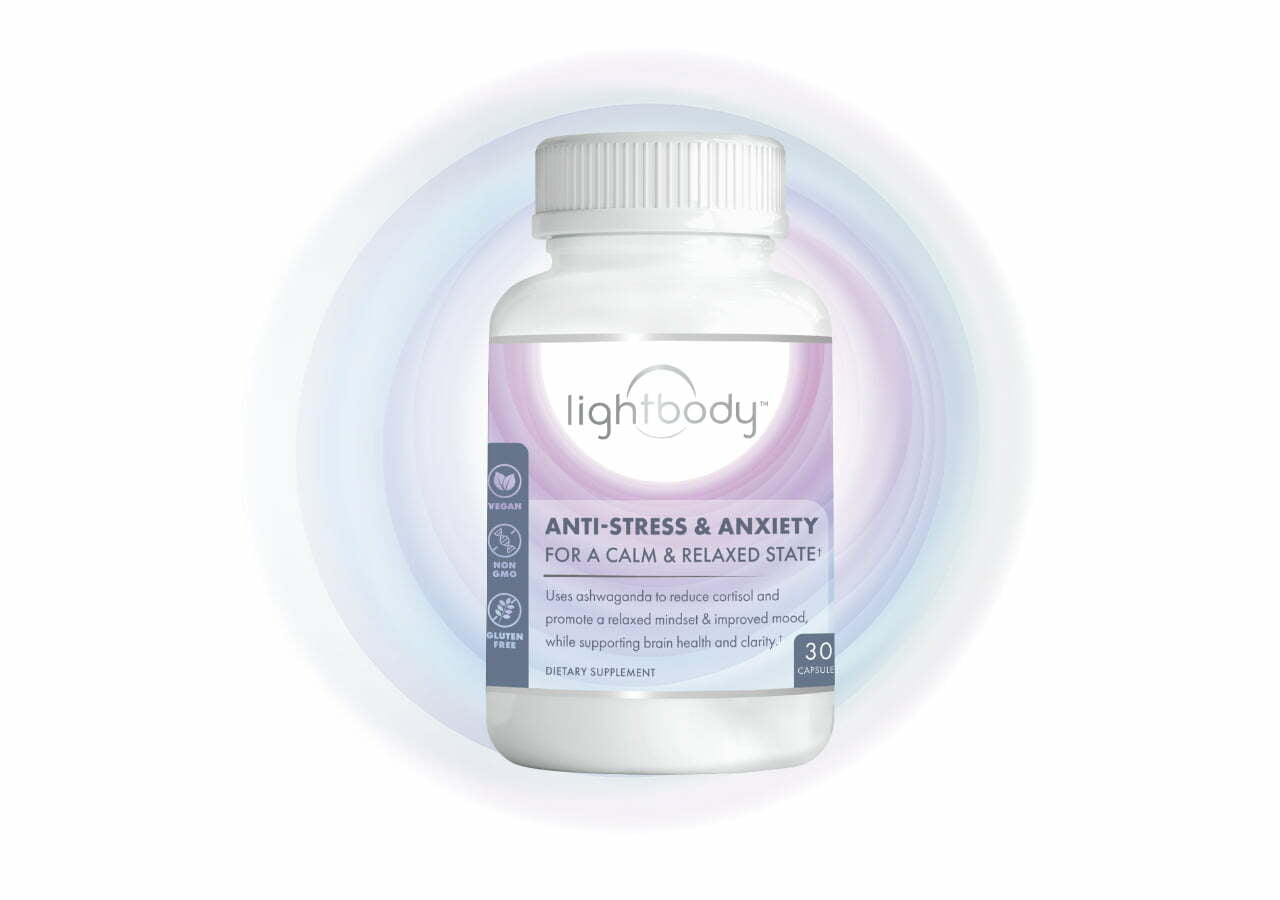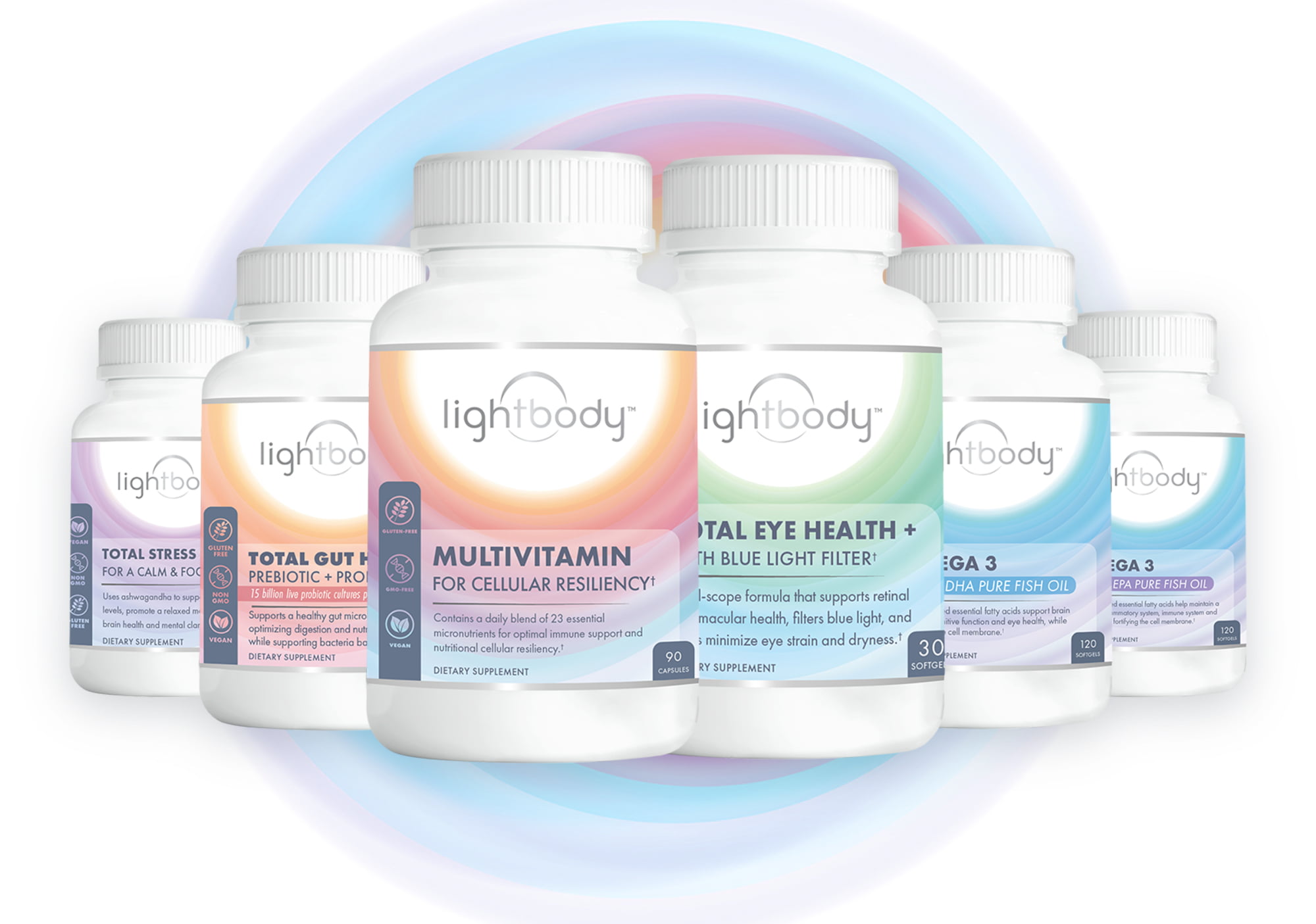In an era dominated by technological advancements, a growing concern emerges: the diminishing number of individuals obtaining a healthy dose of sleep. More alarming is the declining quality of this essential rest.
Recent research from the American Psychological Association states that 2 in 3 Americans are not getting their desired sleep amount. Before the Covid pandemic, more than 50 million Americans suffered from some form of a sleep disorder–that number has only grown since then. More and more people are struggling to fall asleep and stay asleep, leading to a strain on both physical and mental wellbeing.
Does the relentless progress of technology signify an impending reduction in getting a good sleep? As we delve into this issue, we aim to unravel the consequences of sleep loss and deteriorating sleep quality.
Join us on a journey to understand the nuances of sleep in the age of technology:
- Importance of Getting Enough Sleep
- Sleep as You Age
- Technology’s Impact on the Lack of Sleep
- Health Issues Caused by Poor Sleep
- The Power Nap: Fact or Fiction?
- Conclusion: Getting Much Sleep Is Essential to Your Health
Importance of Getting Enough Sleep
You can’t talk about the importance of sleep without talking about Nathaniel Kleitman. Considered to be the father of sleep research, Kleitman (along with one of his students) discovered rapid eye movement (REM) sleep in 1953—this discovery is considered the start of modern sleep research.
REM sleep is a sleep phase unique to mammals where the eyes move at a rapid pace (hence the name) but no visual signals are being sent to the brain. Kleitman spent his entire career dedicated to studying sleep (and lived to be 104, so maybe that’s saying something about the importance of sleep).
Sleep research is continuing to evolve. Medically speaking, there are still a lot of unknowns surrounding the sleep process. However, at the most basic level, we know that without sleep, mammals will die.
But what actually occurs after we’ve counted enough sheep and drifted off into dreamland?
Sleep is the time of day where your body works to support healthy brain function and physical health. It’s a time for rest and recovery, for your body to prepare to take on whatever the next day may bring. Your immune system refreshes itself during sleep to help prevent disease. It’s as important to human survival as food, water, and air.
Within the complex system that is the human body, sleep affects different areas in different ways.
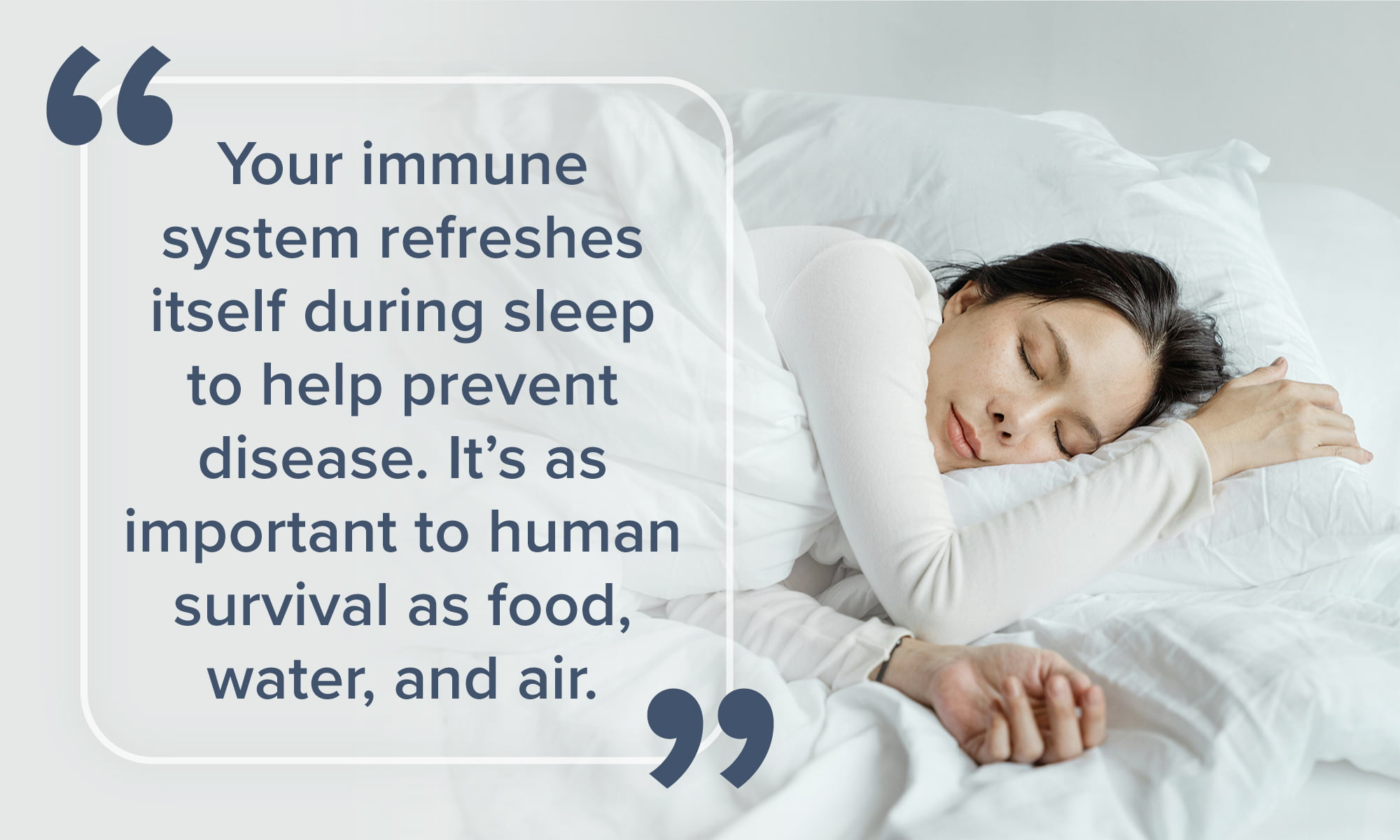
The Heart and Circulatory System
During sleep, there are different cardiovascular and respiratory parameters than while you’re awake. While asleep, your heart does not need to work as hard as it does during waking hours, leading to a drop in blood pressure and heart rate. (Fun fact: the lowest resting heart rate ever recorded was 27 beats per minute, belonging to a man named Martin Brady from the United Kingdom.) Your core temperature goes down, and breathing becomes slower.
The Brain
Your brain continues to work while sleeping, processing all the daily information it received. Sleep helps to improve concentration, memory formation and consolidation, and alertness.
In a recent discovery, researchers found that during sleep, the space between brain cells may increase, allowing the brain to flush out toxins related to neurodegeneration. (This could be especially important since we know the modern world is filled with a growing amount of toxins).
Your brain activity varies throughout the night as you drift through the different stages of sleep. The two phases of sleep are creatively named REM and non-REM. Electrical signals of the brain turn into wave-like patterns during sleep, and the different types of wave patterns are associated with the two different sleep phases.
Your brain is more active during REM sleep, (which usually lasts around 10 minutes per cycle) and brain waves are almost the same as when you are awake. However, instead of analyzing real situations, your brain is subjected to dreams in this stage.
The Gut
Your gut is lovingly known as “the second brain” due to the layer of neural tissue that lines the tube of our gut, and therefore needs sleep just as much as your brain does! Quality sleep and gut health go hand in hand–without one, you will struggle to maintain the other.
Your gut is filled with trillions of good bacteria (known as the gut microbiome) that help to digest food and extract the energy and nutrients. But your biome can also affect other biological processes.
Research out of Japan found that the gut microbiome impacts sleep by creating chemical messengers in the brain. The makeup of the bacteria can impact your sleep–the more diverse your biome makeup, the better your sleep quality will be.
The Nervous System
Our body is controlled through our autonomous nervous system that manages unconscious actions, including breathing, heart rate, and digestion. During sleep, the parasympathetic nervous system takes over, allowing the body to conserve energy and rest–specifically allowing the sympathetic nervous system to rest.
This system is responsible for the body’s “fight or flight” response, a response that controls adrenaline and cortisol. It’s important for this system to rest to help regulate those hormone levels.
Sleep as You Age
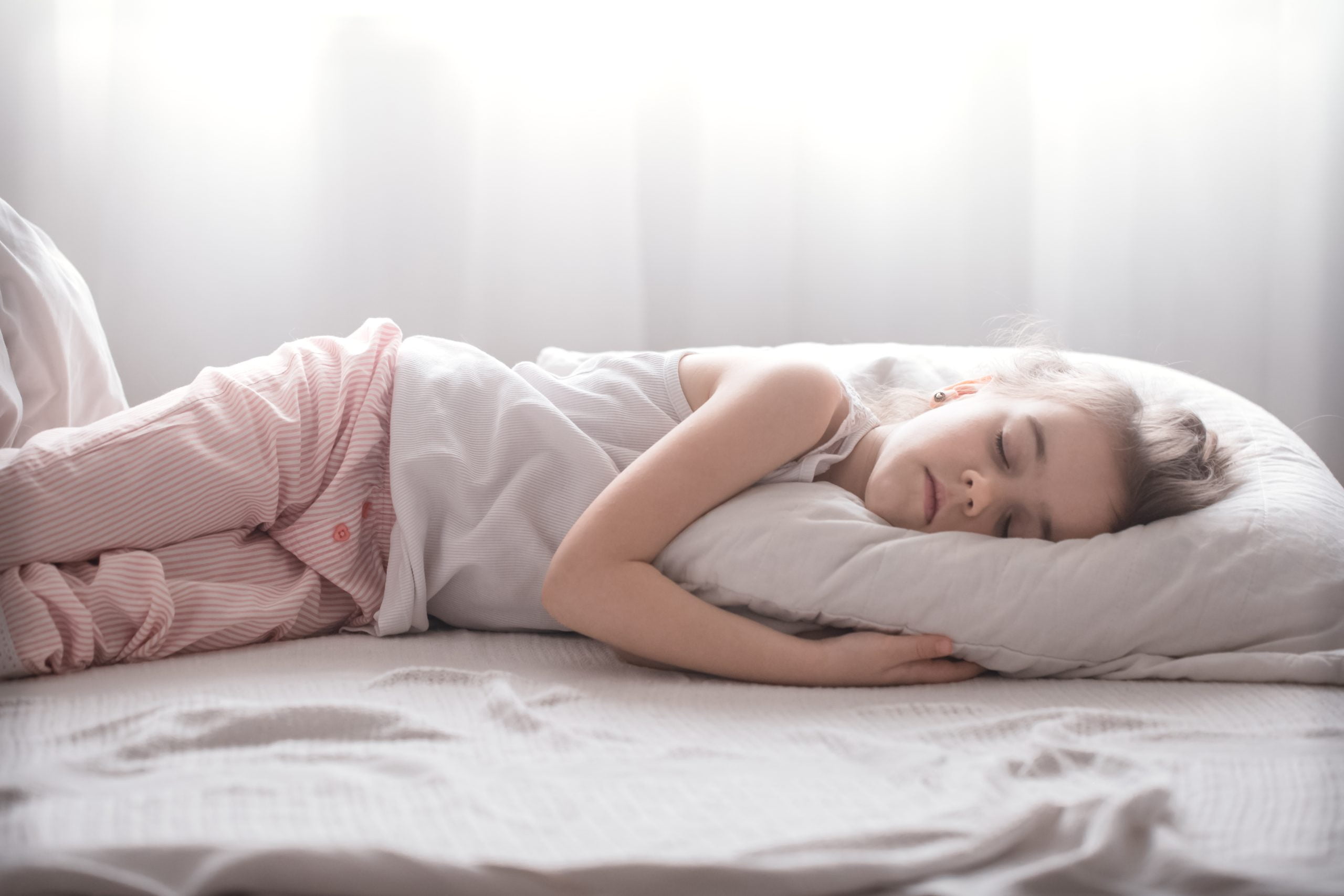
Throughout your life, proper sleep helps with healthy aging. In kids and teenagers, sleep supports growth and development. Babies will spend nearly 50% of sleep in REM as their brain is rapidly developing. As children enter adolescence, teens experience dramatic hormonal changes (aka puberty) that leads to physical and emotional changes.
It’s important to encourage healthy sleep during teenage years because the body is working extra hard to accommodate for these changes. As adults, sleep helps to maintain overall health and well-being. According to the CDC, adults should get anywhere between 7-9 hours depending on their age.
Technology’s Impact on the Lack of Sleep
The evolution of technology, akin to the transformative impact of the lightbulb in 1879, has revolutionized our daily lives. In 2023, digital technology, much like its historical counterpart, is altering fundamental aspects of our existence—specifically, our sleep patterns.
The body’s circadian rhythm, a 24-hour clock governing the sleep-wake cycle, is disrupted by blue light and electromagnetic field (EMF) radiation emitted by electronic devices. This interference inhibits the secretion of melatonin, the sleep-inducing hormone, leading to sleep problems and insomnia.
Furthermore, the surge in screen time, exacerbated by the societal shift to a 24-hour work culture, poses challenges to healthy sleep habits. The blurring of work-life boundaries, especially evident in remote work scenarios, contributes to increased screen exposure even during nighttime hours.
The consequences extend to children and adolescents, with research revealing a connection between bedtime technology use and a higher body mass index.
In conclusion, the pervasive influence of technology on our sleep warrants a closer examination. The impact of artificial light on circadian rhythms, coupled with the challenges posed by extended screen time, raises concerns about the quality of sleep in modern society.
Health Issues Caused by Poor Sleep
Striking the right balance when it comes to sleep is crucial.
One in three Americans do not get enough sleep. Sleep deprivation can lead to sensations like being intoxicated by alcohol—being awake for 17 hours is like having a BAV of 0.05% and being awake for 24 hours is like a BAC of 0.10% (FYI: the legal limit for driving is 0.08%, but there are no regulations about driving while sleep deprived).
Sleeping too much–oversleeping–can also be an issue because this could be a sign of a sleep disorder, mental health disorder, or other health issue.
Research has determined not getting the recommended amount of sleep (either too much or too little) is a significant predictor of death. And it can also cause a slew of other health issues.
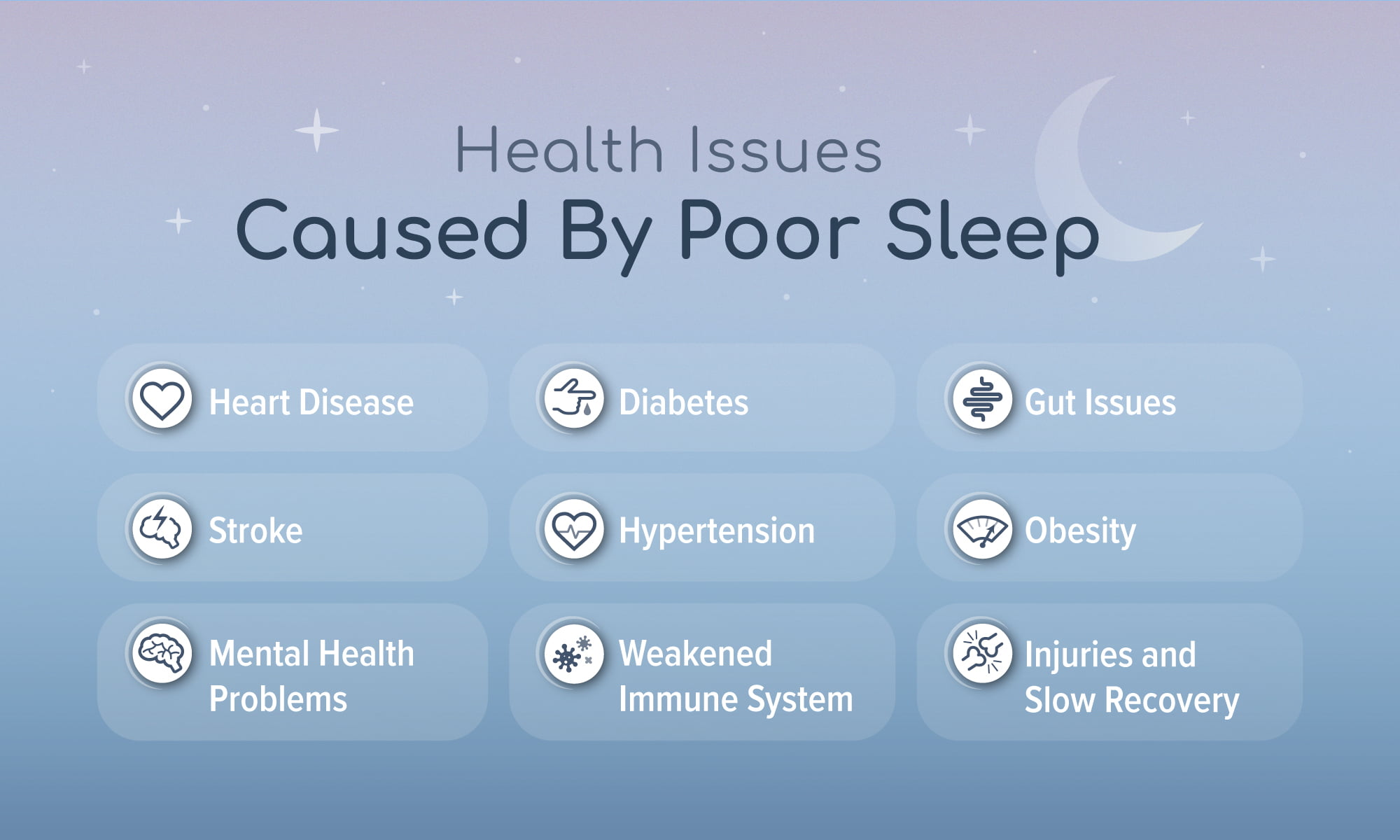
Mental Health Problems
Poor sleep can negatively impact mental health, increasing the risk of anxiety and depression. Without sleep, your body may struggle to consolidate positive emotional content. It’s easier to fall into a cycle of poor sleep and mental health issues when you are struggling in one of those areas. A lack of sleep is also associated with lower brain activity, harming productivity, physical safety, weight management, decision-making ability, and long-term memory.
Heart Disease
A deficiency in sleep can put a person at a higher risk for coronary heart disease. Without quality sleep, your heart does not get enough down time, leading to greater workload than the heart is capable of handling on a daily basis.
Stroke
You are also at a higher risk for stroke if you aren’t getting the recommended amount of sleep. When you sleep too little, your body is often in an inflammatory state, caused by the increased levels of cortisols which are released when the body is sleep-deprived. Inflammation can cause issues in the blood supply, leading to a stroke.
Diabetes
Insulin sensitivity decreases rapidly without enough sleep, resulting in an increased chance of developing type 2 diabetes.
Hypertension
Remember that flight or fight response we mentioned earlier? Without sufficient rest, your body will be in a continued elevated, stressed state, leading to higher blood pressure, also known as hypertension.
Injuries and Slow Recovery
In older adults, sleep deprivation can increase the risk of falls and injuries due to cognitive decline. What’s more, the saying “rest up” to help heal from an injury or sickness is true–your body can repair better during sleep than it can during wakefulness.
Gut Issues
Without enough quality sleep, you are more likely to develop gastrointestinal diseases such as gastroesophageal reflux disease. And when you are sleep deprived, your body is stressed out, producing more cortisol which isn’t good for the gut.
Lack of sleep contributes to decreased production of leptin and ghrelin, two hormones that are important in maintaining a healthy appetite and consumption levels. When these hormones are in a state of flux, it can lead to…
Obesity
Research has established a correlation between obesity and sleep deficiency for two reasons.
First, sleep deficiency may alter hormones that control hunger, leading to an increased appetite, especially for foods high in fats and carbohydrates–think of those late night cravings like chips, processed food–which also puts a strain on your digestive system.
Second, when you aren’t sleeping enough, there are more hours in the day to eat, increasing caloric intake while not necessarily increasing calories burned.
Weaker Immune System
Not sleeping can, in fact, lead you to getting sick. Studies have found without enough good sleep, your immune response will suffer, leaving you more susceptible to illness. A deficiency in quality sleep means your body doesn’t produce enough cytokines, a type of protein the immune system releases during sleep that stimulates the immune system to do its job. Additionally, your body stops producing white blood cells, the body’s natural defenders.
Simply put, without enough quality sleep, your health will suffer (perhaps in more ways than one).
The Power Nap: Fact or Fiction?
The power nap. A distant dream for some (no pun intended), and a necessary annoyance for others. As a brief sleep to help refresh and regenerate yourself midday, naps can be an effective countermeasure to fatigue.
But do they work? According to science, they can (and some researchers claim a power nap may be more effective than caffeine…). NASA found that when their pilots napped for just 26 minutes, it helped improve their alertness and job performance by 54% and 34% respectively—and NASA sent people to the moon.
While it’s not typical in America to take a nap during the day, there are countries where taking a midday break is a common cultural practice. Spain and its “siestas” are probably the most famous for it, but there are countries around the world that have their own version of siestas, including Japan with “inemuri” and Italy’s “riposo.”
However, research into the length of a perfect power nap is split. Some say 10 minutes, others say 20-30. What’s key here, though, is that they all agree it shouldn’t surpass 30 minutes. Once you’re asleep for 30 minutes, you begin to enter deep sleep. Waking from deep sleep can leave you feeling more tired and groggy—completely defeating the purpose of a power nap.
An important caveat to power naps is while they help you with a burst of energy midday, they don’t contribute to your nightly sleep requirement, rather, they act as a supplement. They can’t replace a poor night’s sleep.
Power naps won’t help you deal with sleep debt
When you don’t sleep enough hours at night, you enter into a sleep debt. Unfortunately, taking longer naps in hopes to chip away at that debt doesn’t work. If you are going to nap–power nap or otherwise–reserve naps for earlier than 3pm because napping after then can interfere with your ability to sleep at night.
Longer naps are more beneficial for younger children who are still going through rapid growth and development. But power naps can help older children and adolescents who are dragging through the day–they’ll see similar effects from shorter naps as adults do.
So next time your boss asks what you can do to increase job performance and productivity, suggest a short midafternoon snooze.
Conclusion: Getting Much Sleep Is Essential to Your Health
As we navigate this dynamic landscape, it becomes imperative to prioritize the pursuit of much sleep over the allure of constant connectivity. By embracing mindful habits and fostering a conducive sleep environment, we can reclaim control over our sleep patterns and, in turn, enhance our overall well-being. So, let us strive for not just sleep but the right amount of rejuvenating, adequate sleep to thrive in the wake of technological advancements.
Frequently Asked Questions
Sleep is essential for overall health as it facilitates critical functions such as cellular repair, brain function, and immune system efficiency. It supports mental health by aiding in memory consolidation and mood regulation, and it is crucial for maintaining metabolic health and heart health by regulating blood sugar levels and cardiovascular functions. Adequate sleep prevents chronic illnesses and enhances daily cognitive and physical performance.
Lack of sleep can lead to impaired cognitive function, increased risk of chronic health conditions like heart disease and diabetes, and weakened immune response, making it harder to fight off infections.



